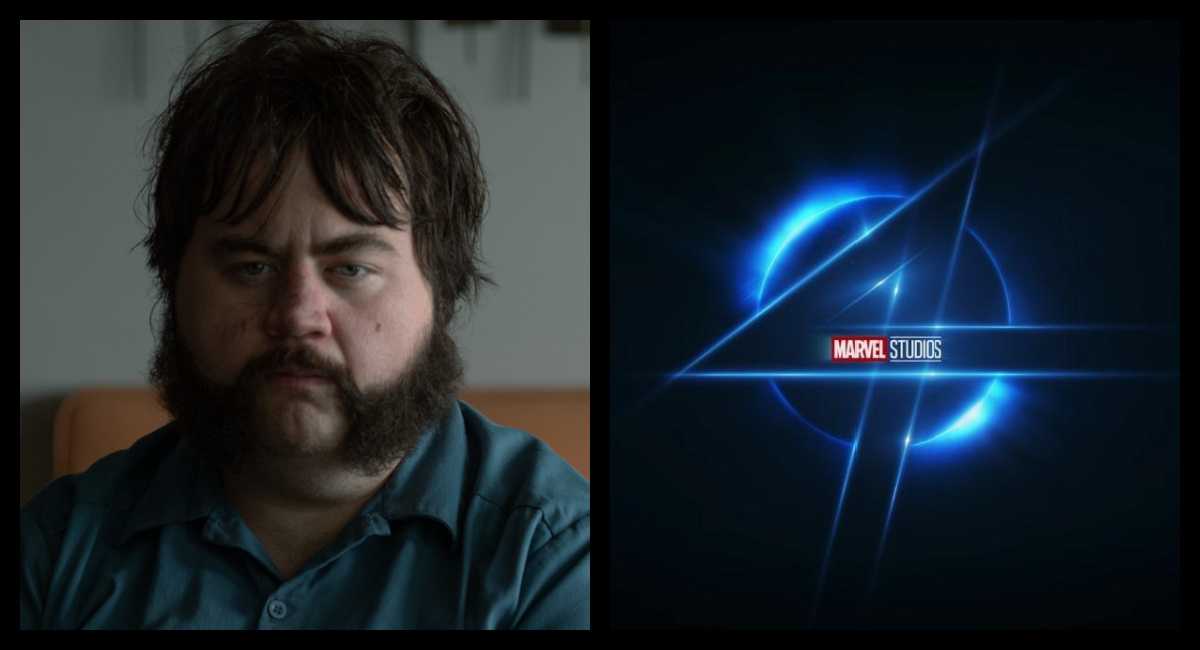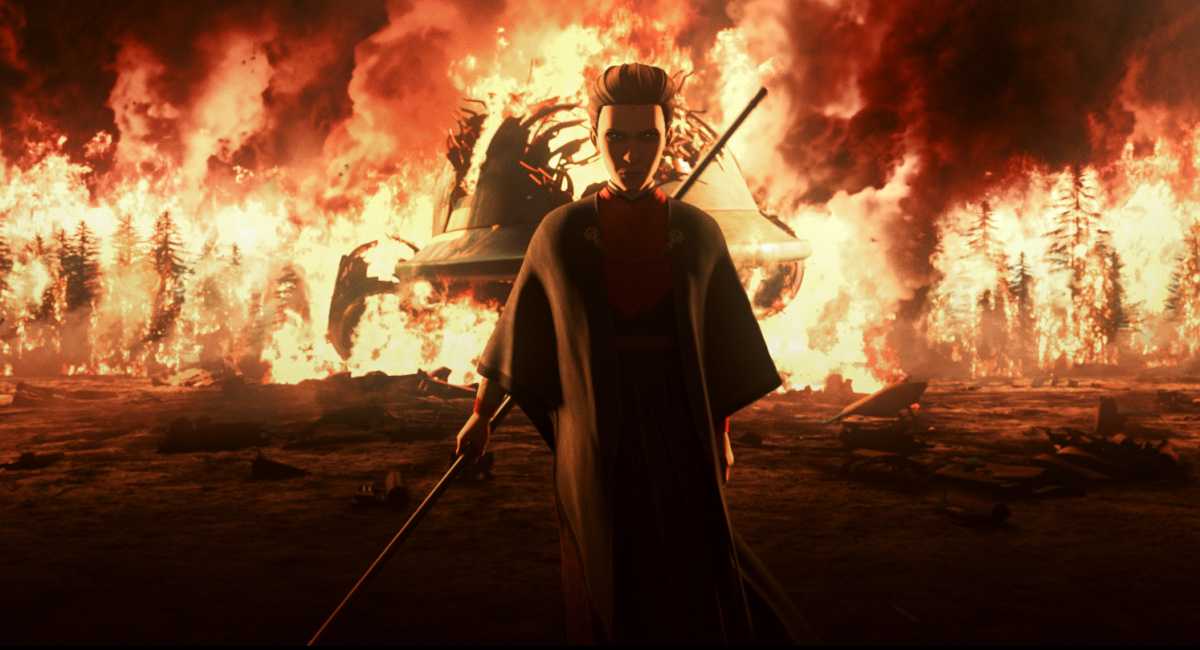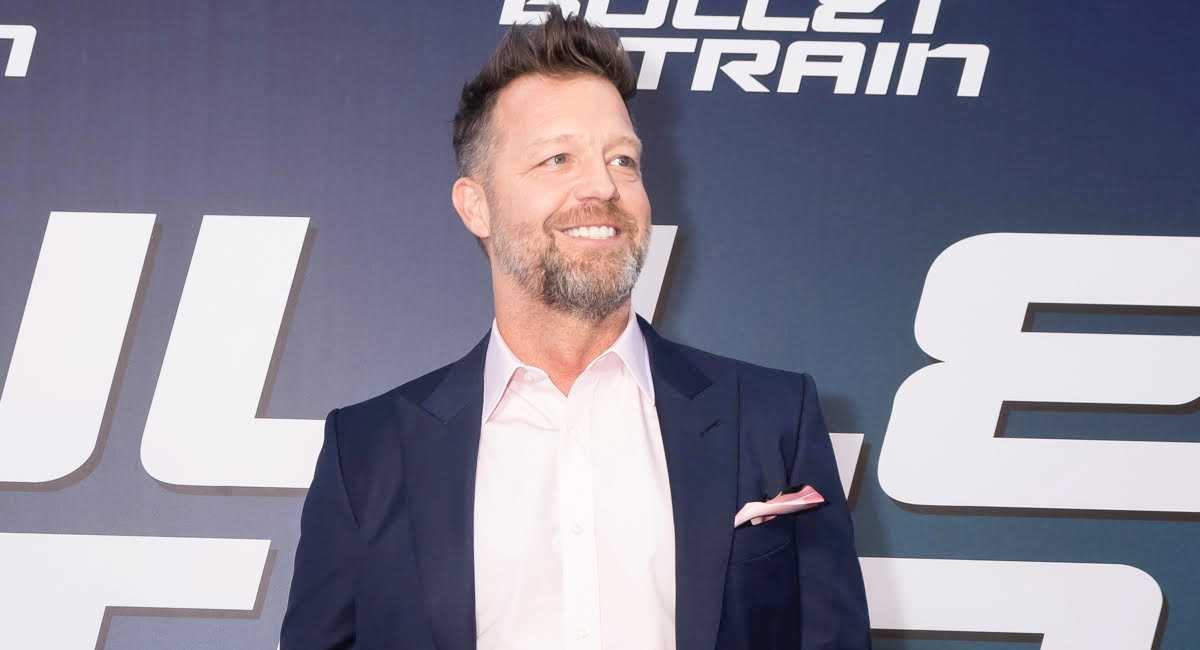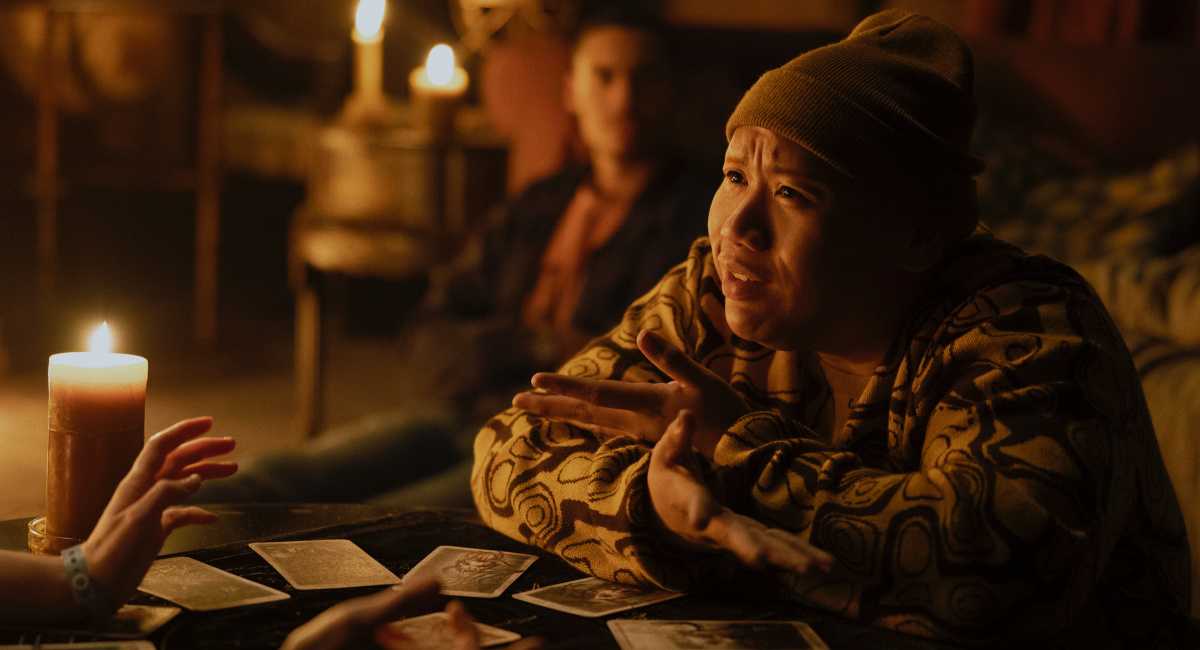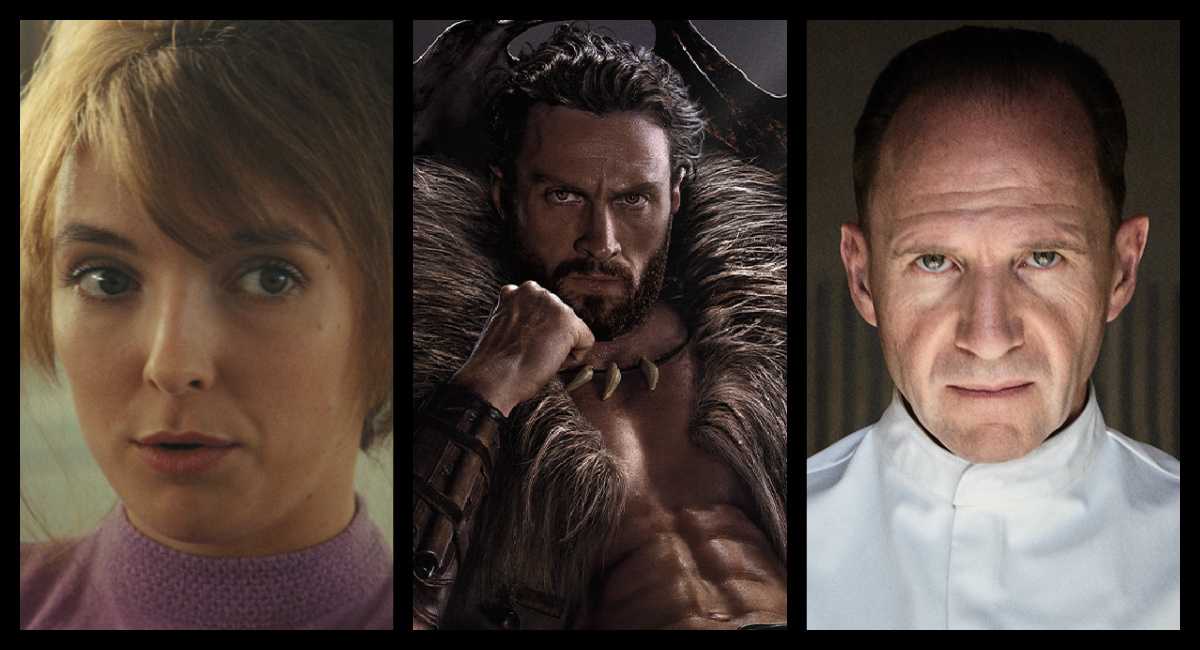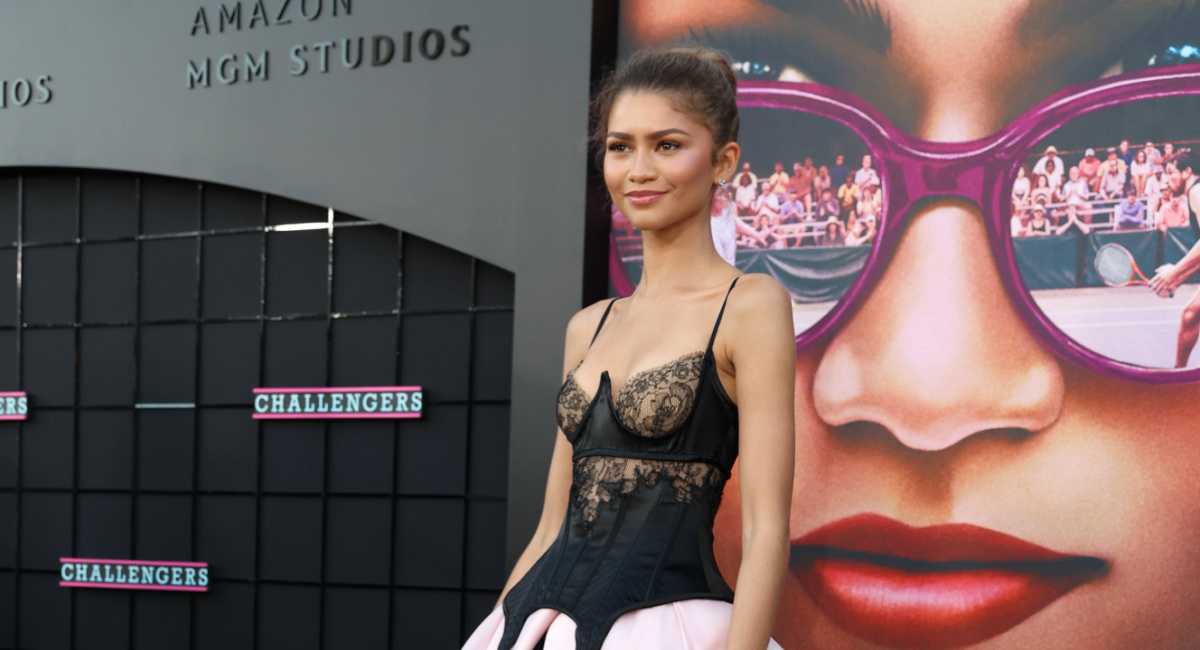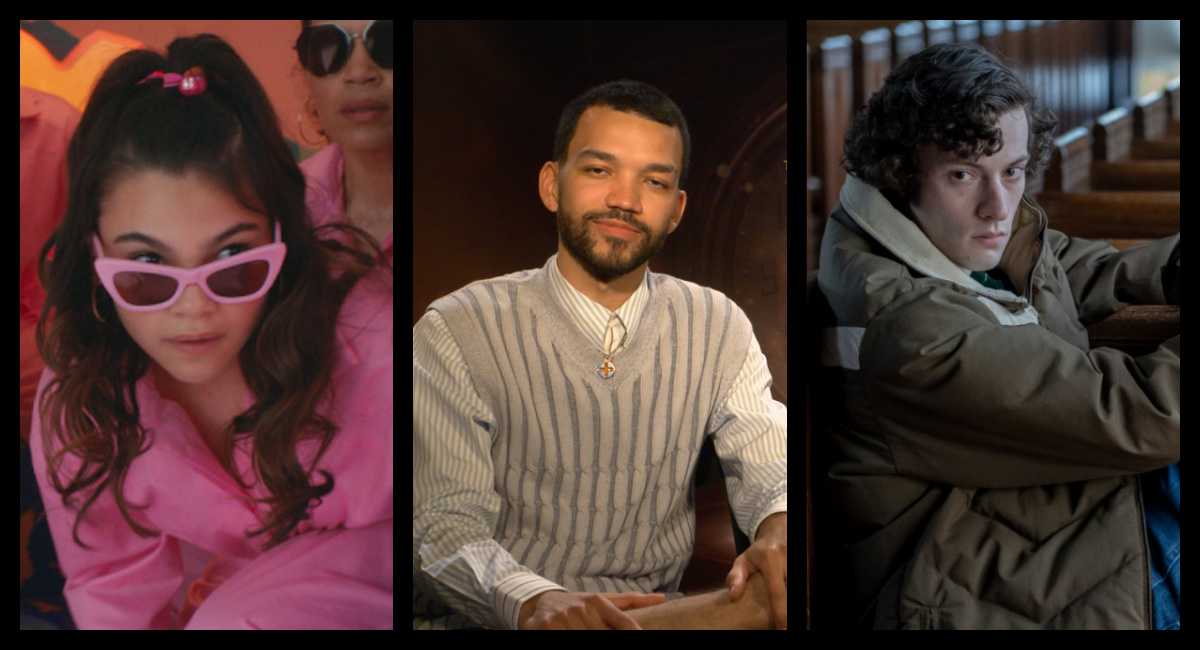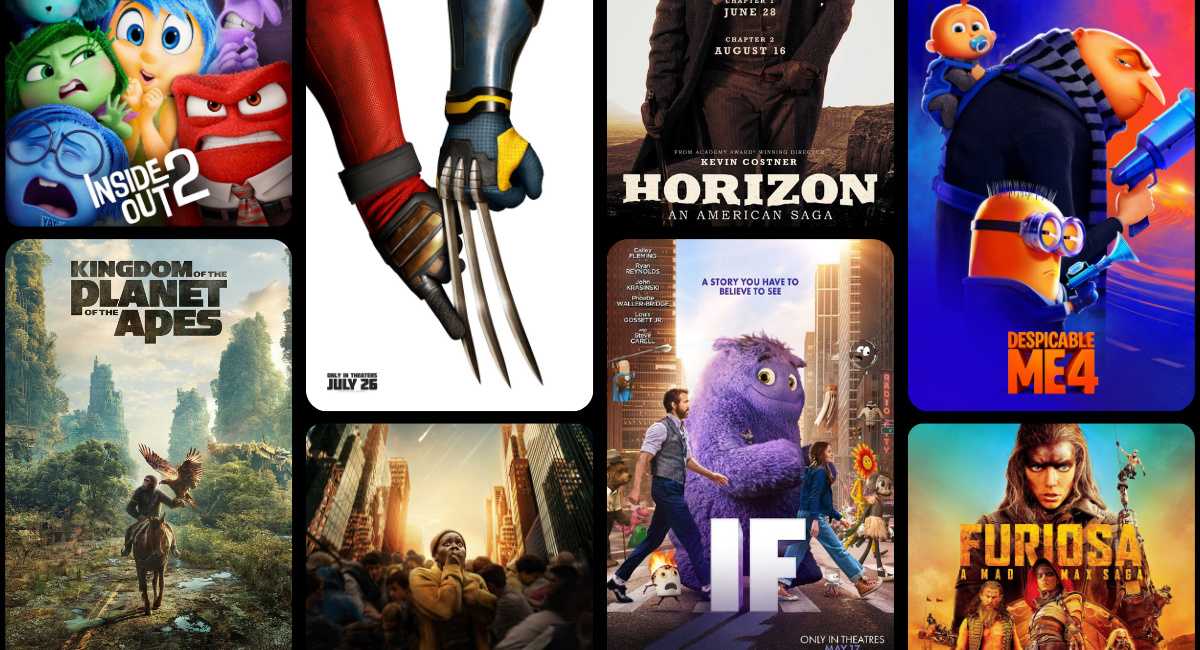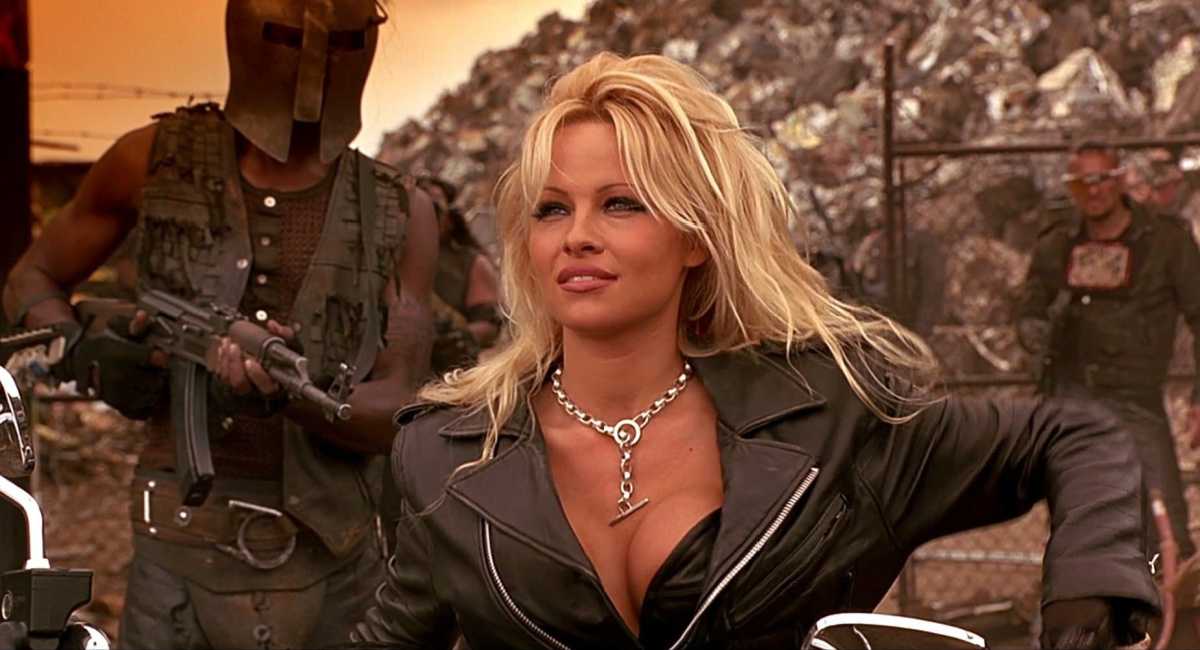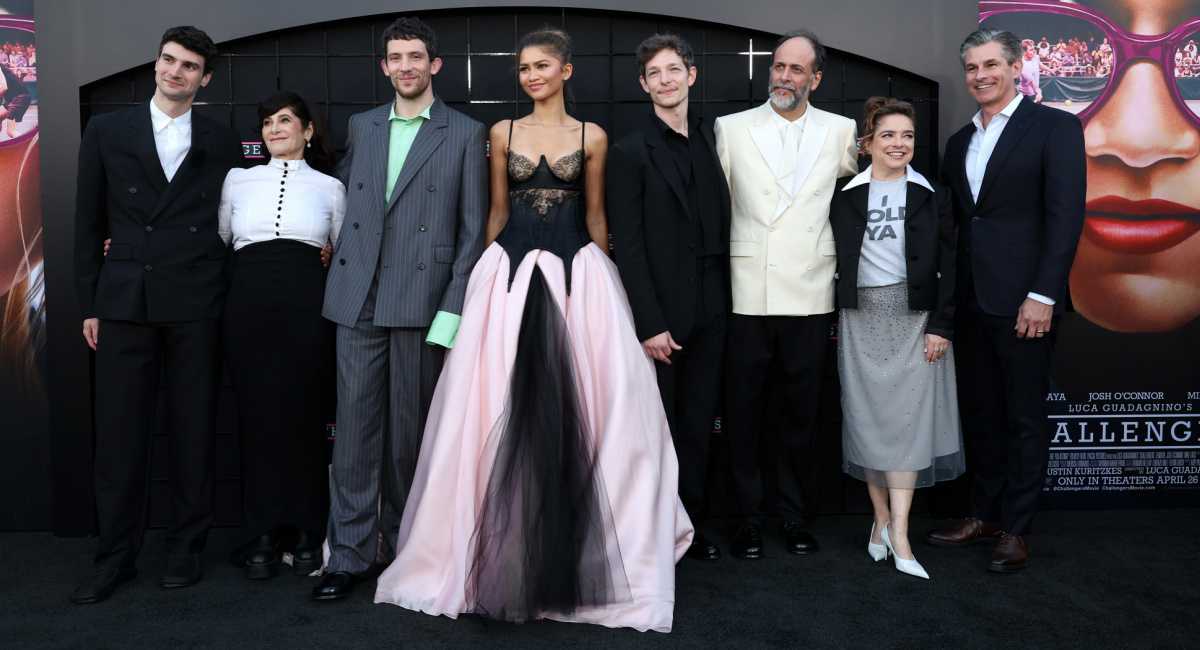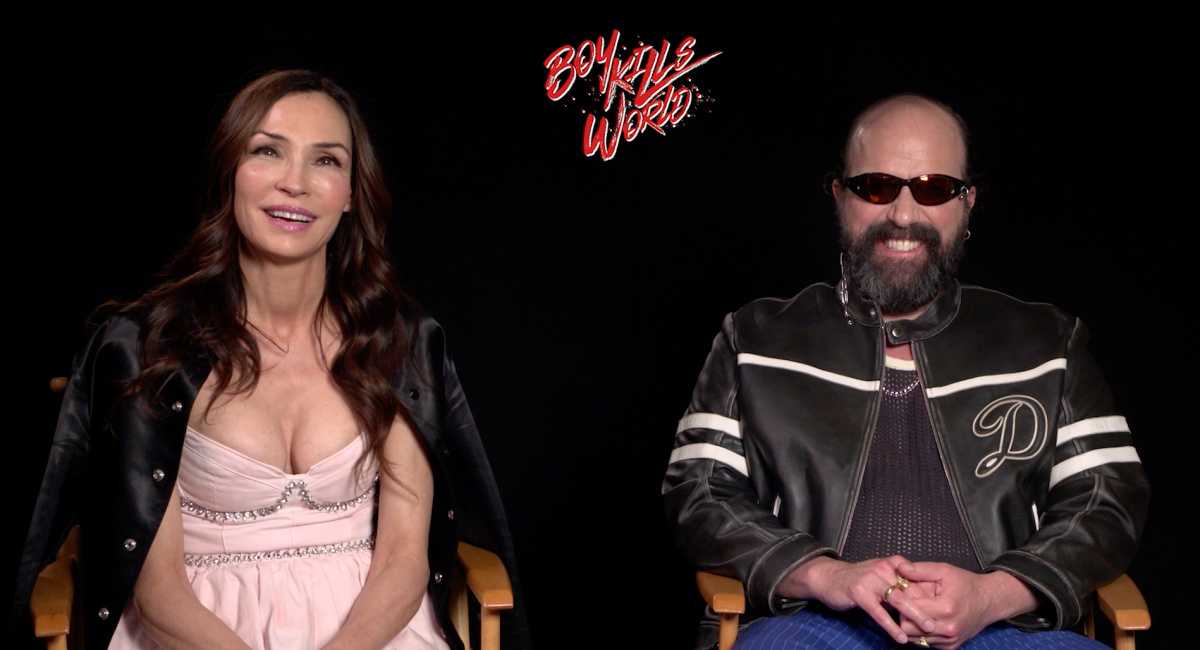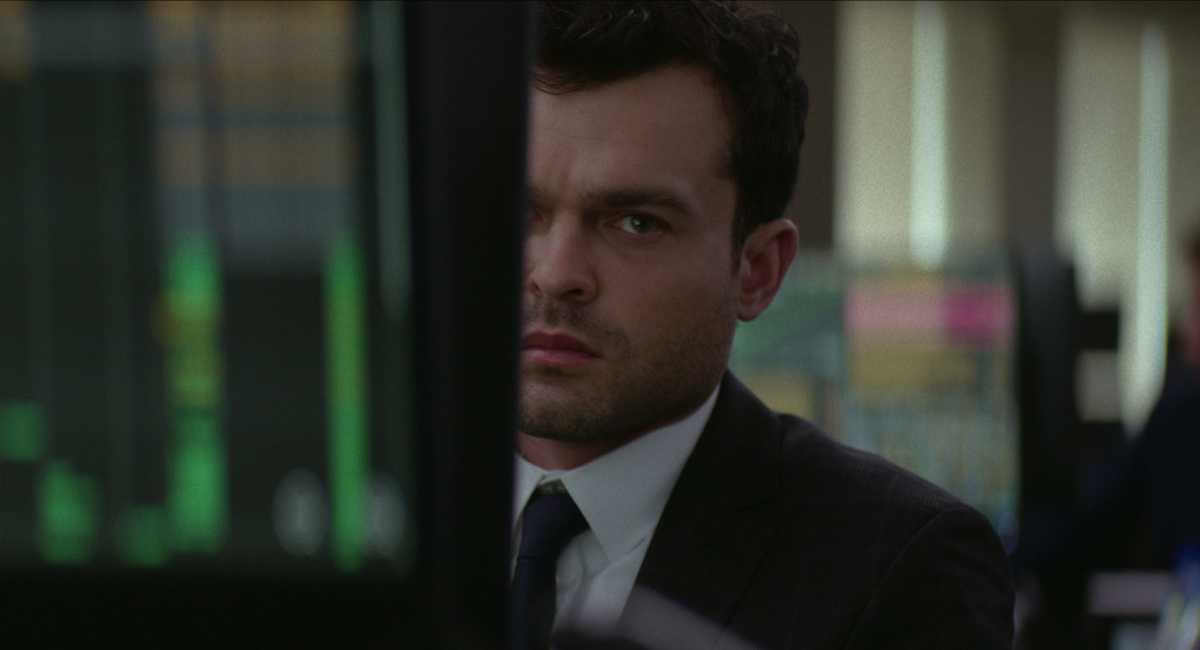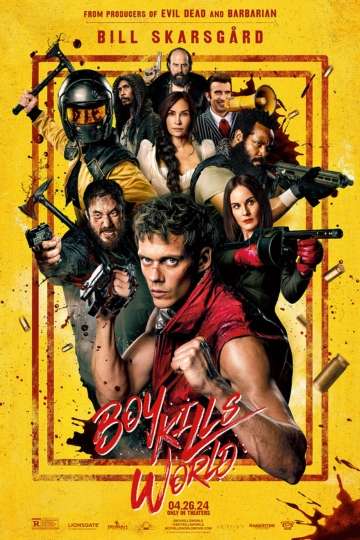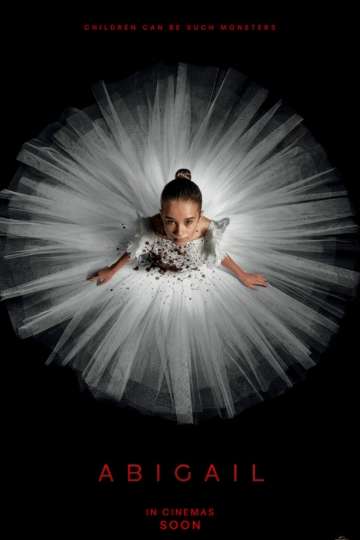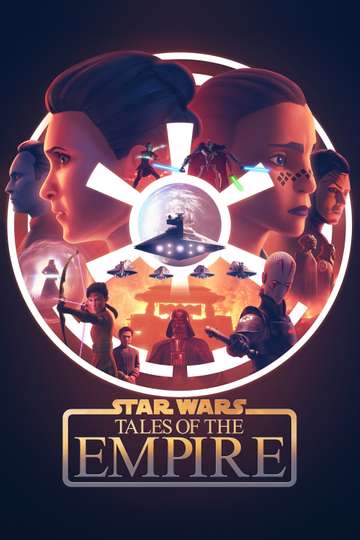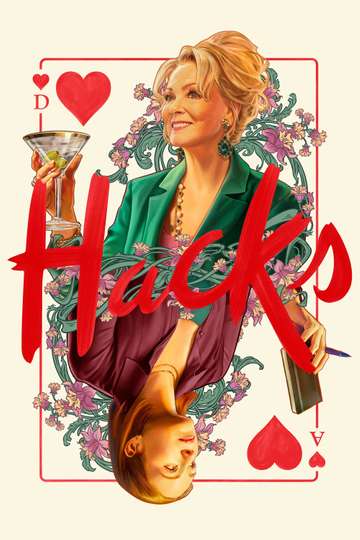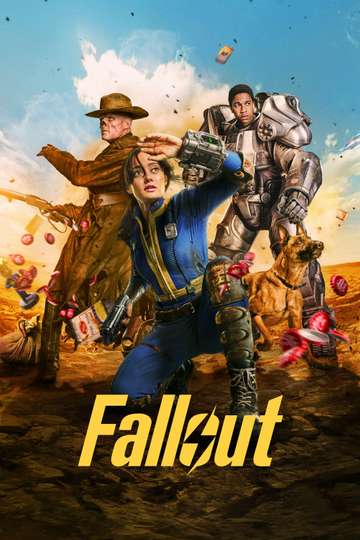Darth Vader Scared the Hell Out of Diego Luna
It's hard to pick a standout performance from "Rogue One: A Star Wars Story" because they're all pretty much amazing. This film, part of a new anthology of stand-alone installments, takes place directly before the events of the first "Star Wars" film, as a ragtag group of Rebel soldiers (led by Felicity Jones's Jyn Erso) steal plans for the Empire's devastating Death Star. And each member of the crew feels essential and unique and, as in any good war film, feel archetypal in the best way possible. There's the grumpy guy, er, droid, in the fight against his will (Alan Tudyk), the more spiritual members of the team (Donnie Yen and Jiang Wen), and the guy suffering from a bit of PTSD (Riz Ahmed).
Diego Luna gets maybe the most iconic role of them all though as Cassian Andor, an intelligence officer in the Rebel Alliance whose morality is a constantly shifting spectrum of light and dark. At the time of my interview with Luna, they had only shown us the first 20 minutes of the film, and in that time, Andor does some very, very bad things. They're in the name of good, but they're also pretty brutal. Now that I've seen the entire film, these actions take on additional dimensions and potency. At the time of this interview, all I had was hope that "Rogue One" would be amazing. But hey, rebellions are built on hope.
In our chat, Luna talked about his memories of "Star Wars," what it meant for him to be a Hispanic "Star Wars" character, and why evolution is essential to the franchise.
Moviefone: Growing up, what did "Star Wars" mean to you?
Diego Luna: I remember the character that I've seen the most because he appears in many of my nightmares, and that's Darth Vader. He's always hunting me, for quite a long time, since the first time I saw it when I was six. But it's a fascinating world and I did grow up with these films. I saw "A New Hope" when I was six. I was born two years after it was released but I wanted to catch up because I'm the youngest of the cousins and my cousins were all into Star Wars. I wanted to be a part of that world -- it sounded so cool and it allowed me to feel older and more mature. I could say, "I'm not a baby anymore. I don't want to see 'Dumbo' anymore. Play me the real stuff." So I guess it's one of the first films I chose to watch and it felt like my choice -- this is my world and this belongs to me.
Have you been a fan ever since?
Yes. Although, now I've met real fans and I realize I'm not that hardcore. Gareth knows everything about this universe but I do consider myself a fan because my love for cinema started with "Star Wars." I started to shape myself as an audience with these films.
This cast is amazingly diverse. Was the character written as a Hispanic character on the page?
Well, it's just that in a galaxy far, far away there are no Hispanics. So no. But the world of "Star Wars" has always been diverse -- there have always been many languages and characters.
Did you feel any extra pressure? Because not only are you the lead of a "Star Wars" movie but you're also a Hispanic "Star Wars" character.
I try not to think like that. And I'll tell you why: because I don't think my passport defines anything.
But it will mean a lot for people to see themselves, in you, on the big screen.
No, I know. What I think this represents is the power that audiences have. I think audiences want to feel represented. Today, the market is not a country; the market is the world. And audiences are sending the right message, and the right message was heard. I do feel very proud of being part of a project that is making a comment on the world we live in; a necessary comment. It's pretty clear to me that the film says that we have to leave our differences aside and if we learn to work together, we are capable of everything. It's a film about the people getting involved and finding that common cause that can unite us. It's a lovely and very pertinent message, not just for the states, not just for Mexicans, but for the world, because we have to stop the hate and fight it with love. In "Star Wars," they call it The Force. In our world we call it love. And it's a beautiful thing.
This movie feels very contemporary, and it's amazing to see how morally complicated your character is.
Well, it's just that war is horrible. War makes you do horrible things, probably for the right reasons sometimes but most of the time I would say it's worth questioning and saying, "Have you tried everything else before?" But with this case, with these characters, it's the last chance, the last opportunity, the last resource. And these guys are going to go wherever they have to, to bring freedom. It's a very complex approach and a modern approach to the universe of "Star Wars," which I find very powerful and it's clearly the only way this franchise keeps evolving and keeps passing from generation to generation.
You've actually seen the movie right?
Yes.
So what did you think?
First of all, I realized I was denying a weight I had on my shoulders for two years that I suddenly I got rid of that night. It took me five to 10 minutes to realize, Sh*t, I wasn't feeling these muscles anymore. I was completely numb. And something came back to me. I am proud of the film we made and I remember the first words of Gareth and we did that film. So it's a huge achievement and I can't wait to share it with audiences. That is the last, last step -- I want to go back to be a member of the audience. And I'm pretty close to that. I want to sit down with an audience and witness the event of them seeing this for the first time. I can't wait for that.
"Rogue One: A Star Wars Story" hits theaters all across the galaxy starting Friday.
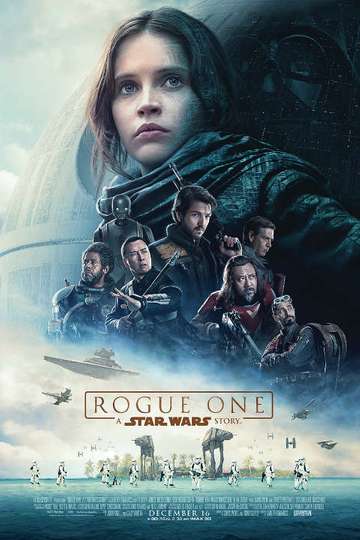
Rogue One: A Star Wars Story



